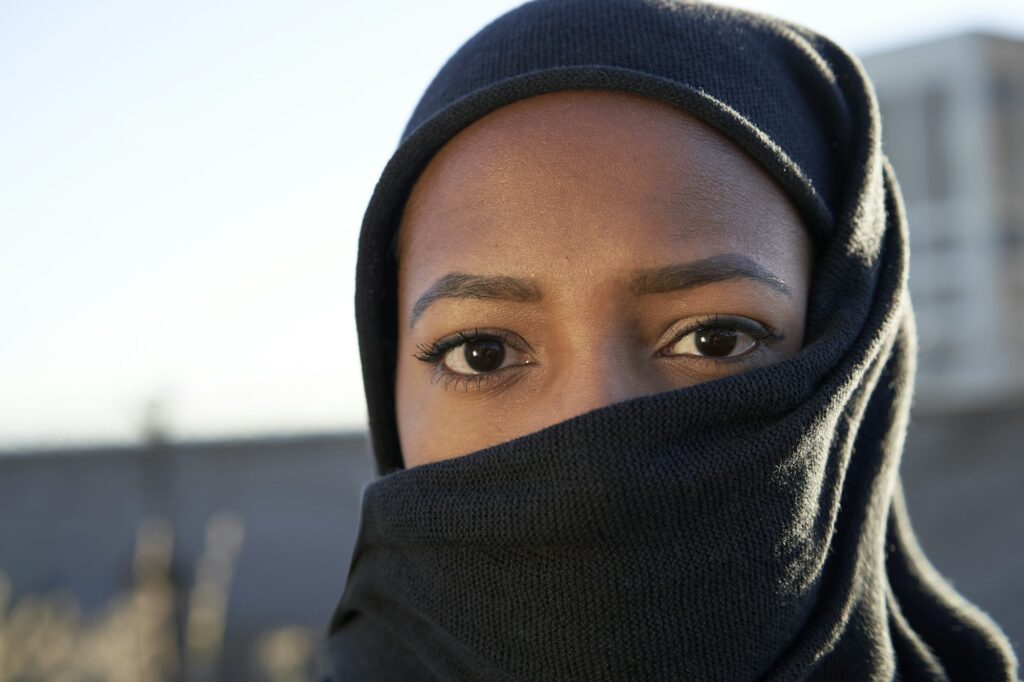The latest extremely controversial move by the Perussuomalaiset (Finns Party), which has often opened cultural values and integration for debate, is that of a proposal to ban the burka in Finland. That has sparked heated debates: Supporters have called it a defense of women’s rights; critics have called it discrimination and an assault on freedom. The same direction that the rest of Europe was heading, Finland now swings the other way, deciding between retaining an identity or welcoming cultural diversity.
In a return to the spotlight, Finland’s conservative (and notoriously conservative) Perussuomalaiset (Finns Party) is pushing a ban on burkas and niqabs in public spaces. Meanwhile, Interior Minister Mari Rantanen offered her support for the law but said it would be unlikely to pass in the current four party coalition government.
The proposal, spearheaded by MP Ari Koponen, argues that Finland should reject cultures “that subjugate women.” Along with 14 other signatories, Koponen claims the ban would uphold women’s rights and strengthen Finnish cultural values.
France and Denmark for instance have already enacted burka bans, and this rhetoric mirrors moves they have made. But critics counter such steps exclude marginalised groups rather than their empowerment. But they wonder if such a law really makes women’s lives better, or whether it is merely a populist device to beef up a political platform.
Finland is at a crossroads. Can it continue to promote inclusivity and cultural diversity or can it enter a more stringent depiction of its national identity? If anything, the burka debate is more than that. It is a test of Finland’s view of itself as a country in a more polarized world.










